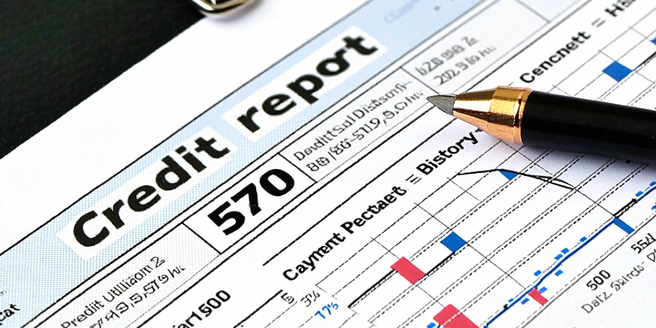Understanding Bad Credit Scores
Bad credit scores can have a significant impact on your ability to secure loans. A credit score is a numerical representation of your creditworthiness, which lenders use to assess a borrower’s risk. Typically, a score below 580 is considered poor, and it results from factors such as late payments, defaults, or high credit utilization. It’s crucial to understand the components of your credit score, like payment history, amounts owed, and credit history length. Being informed can help you identify areas for improvement. Remember, a poor score doesn’t permanently lock you out of loan options. Certain lenders offer specialized loans for those with bad credit, though they often come with higher interest rates. Taking steps to boost your score over time will make future borrowing easier and more affordable.
Types of Bad Credit Loans Available
When dealing with a bad credit score, several loan options may be available. One common choice is a personal loan, often unsecured and provided by banks or online lenders. These loans usually require a higher interest rate due to perceived risk. Another option is a secured loan, where you offer collateral, such as a car or savings account, allowing the lender to recoup losses if you default. Payday loans are another option, though they’re typically associated with very high fees and short repayment periods. Finally, credit builder loans, designed specifically to improve your credit score, release funds only after successful repayment. Each type comes with its own risks and benefits, so it’s important to research and choose the one that aligns best with your financial situation.
Pros and Cons of Bad Credit Loans
Bad credit loans can serve as essential financial tools, but they come with unique advantages and drawbacks. One of the main benefits is accessibility; these loans are specifically designed for individuals with poor credit scores, providing an opportunity to secure funds when traditional lending avenues are unavailable. Additionally, consistent and timely repayments can improve your credit score over time, potentially opening doors to better financial opportunities in the future. However, the downside includes high interest rates and fees, which often accompany these loans to compensate for the lender’s risk. Borrowers must also be wary of predatory lenders who exploit those desperate for quick cash. It’s vital to weigh the necessity of the loan against its long-term costs and to seek transparent and reputable lenders.
How to Choose the Right Loan for You
Choosing the right loan when you have bad credit involves careful consideration and planning. Start by assessing your financial needs and understanding what you can realistically afford in terms of repayments. Research various lenders to compare interest rates, fees, and terms, looking for the most favorable conditions within your circumstances. Consider the loan type that best suits your situation, whether it be personal, secured, or payday loans. Look at the potential impact of each option on your credit score, especially if you’re aiming to improve it. Additionally, be vigilant for any hidden fees or clauses that may affect you negatively. Seek advice from financial counselors if necessary to ensure you make an informed decision. The key is to find a balance between fulfilling your immediate financial need and managing future financial health.
Tips for Improving Your Credit Score
Improving your credit score is a gradual process, but with dedication, it is achievable. Begin by reviewing your credit report to identify any errors or discrepancies that could be negatively affecting your score. Pay your bills on time, as payment history heavily influences your credit score. Reduce your debt by prioritizing high-interest balances first, aiming for a credit utilization rate below 30%. Avoid closing old credit accounts; instead, maintain a healthy mix of credit. Consider a secured credit card or a credit-builder loan as a way to demonstrate reliable credit behavior. Regularly monitor your progress and adjust your strategy as needed. Patience and consistency are crucial; positive changes may take time to reflect in your score. These practices will not only improve your score but also enhance your overall financial management skills.


